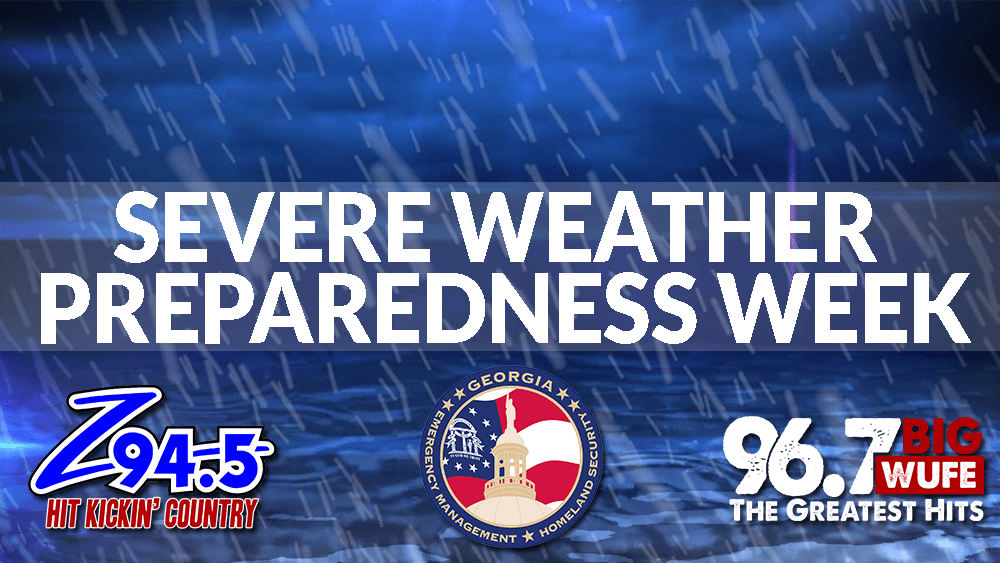In 2013, there were deadly tornadoes that wreaked havoc on parts of Georgia; tornadoes and other severe storms often develop quickly, leaving little time to prepare. That’s why it’s so important to put emergency preparedness at the top of your to-do list. It doesn’t take as much effort as you might think. Here are 10 tips from Ready Georgia to help you prepare, plan and stay informed.
- Purchase a NOAA weather radio. A NOAA weather radio can be as much of a lifesaver as a smoke alarm, but 67 percent of Georgia households don’t have one. These radios can alert you to severe weather 24 hours a day, giving you time to take shelter and stay safe.
- Prepare your Ready kit. Your kit should include supplies for you and your family to survive at least three days without any aid – including non-perishable food, water, a first aid kit, a flashlight and extra batteries.
- Create an emergency communications plan. Your family may be separated during an emergency and phones may not be in service, so it’s vital that your family knows how to reconnect. The Ready Georgia website includes a tool to help you create a customized plan.
- Make copies of all important documents and store them in a water-proof container. These should be kept in your Ready kit as well.
- Make sure you include items for your pets in your Ready kit, and identity an evacuation shelter that is pet-friendly.
- Familiarize yourself with the emergency protocol at your child’s school and your place of work. Knowing how to react when disaster strikes can help cut down on stress and help you reunite with loved ones.
- Identify a safe place in your home to seek shelter when a severe storm strikes. If you do not have a basement, take shelter on the first floor of your home in the most interior room with no windows. Keep in mind this may be a closet or bathroom.
- Periodically remove dead tree branches and other similar debris that could be picked up by strong winds and cause damage.
- Learn the 30/30 rule: Go indoors if, after seeing lightning, you cannot count to 30 before hearing thunder. You should also stay indoors for 30 minutes after hearing the last clap of thunder.
Taking these 10 easy steps now will make a world of difference for you and your family if disaster ever strikes your area. Make time to get prepared, it could be a life-saving decision.
For further information on emergency preparedness, visit gema.georgia.gov/plan-prepare/ready-georgia.
Ready Kit Checklist
It looks like you are not a member of VIP Club yet. Please fill out the form below to access the page and join the VIP Club











